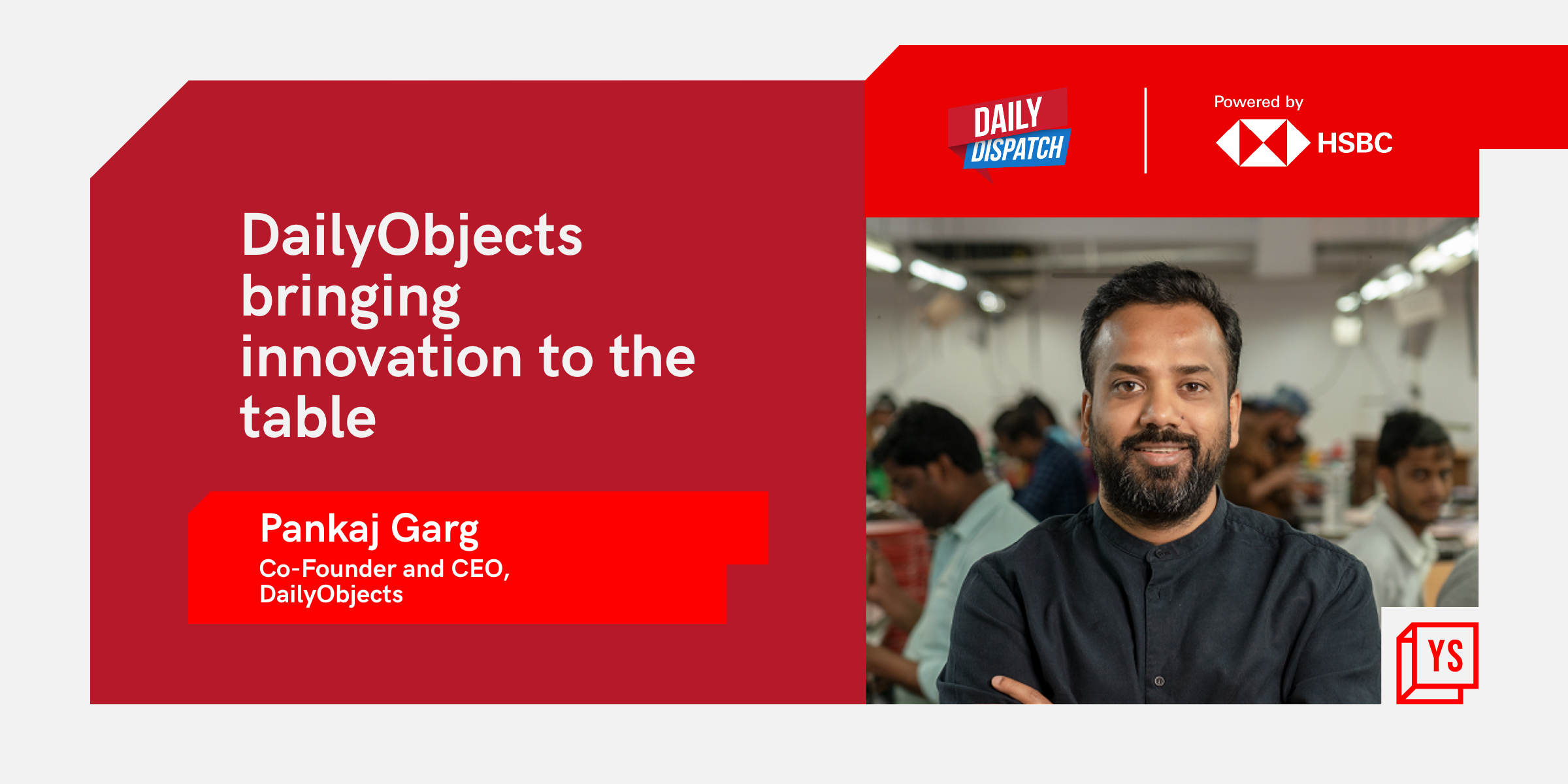Do tech startups need to have founders who know how to code?
The question of whether or not a technical founder needs to code completely depends on the kind of business leader the founder wants to be, and the kind of product/ service he/she is trying to create.

Let’s look at some of the biggest businesses out there, to find out what makes a CEO a great CEO. Is it their ability to ‘do’ or to ‘get things done’. In the startup world, building a strong team is almost more important than knowing how to code yourself (unless of course, you’re doing something in deep tech like building middleware!). So do you need to be the expert of your domain - or the supreme recruiter that can attract incredible engineers and developers to your cause?
Further - as easy as it may sound (it’s not) and as clever as you might think you are - learning to code takes time, time that you could be spending doing things that are bigger (and in the early stages more important) than product development, such as:
- Strategy;
- Networking;
- Business development;
- Market research; and
- Sleeping (Yes, I mean sleeping. After a hard day’s work doing all of the above, are you sure you want to stay up and try to figure out the world of coding on your own?)
So, what are the benefits of knowing how to code from a startup founder’s perspective? The most important advantage is being able to understand the development process - if you need to get something built, you aren’t completely blind as to how it will be built and thus are in a position to better understand your development team or the companies you might outsource too. This means that you will have the ability to verify whether a timeline, and a resulting cost, are actually justified or completely out of whack.
Further, you will be in a position to better prioritize what needs to be developed and when. Here’s an exercise for you (no it doesn’t involve getting up from that chair you have likely been sitting on for hours).
- Think about the product/service you want to build, (if you don’t have one think about something built already Instagram, Facebook, Windows 3.1, whatever, take your pick).
- Make a list of what you think are the most important features (let’s cap it at ten).
- Estimate what you think might be most expensive and least expensive features (use high/medium/low).
Now ask yourself, how confident are you with your assessment. If you’re like most people, you probably put numbers there without any basis whatsoever on understanding how one of the features are built. Take one more look at your list; have you covered features that you would need from this, in order to run and manage your business? (For example - if you think about Instagram, did you think about how you as owner of the business would manage the crazy amounts of content coming through? Or, how would you make it easier for new users to discover other users and follow them?)
Above and beyond these examples, the remaining list of benefits of knowing how to code as a founder pretty much come down to highly technical things that in many ways can be built into the organization by hiring the right mix of developers. So, the question you really need to be asking is, ‘How do I get good at managing technology development?’ versus ‘How do I get good at coding?’
As the founder and leader of your organization, it's not important that you know how to code. What’s important is that you know how to manage a team that can code. Here’s a list of skill-sets that can greatly enhance your ability to effectively manage a development team (whether in-house or outsourced):
- Know how to wireframe - The wireframe is the single most useful form of communicating what you want, to developers, and explaining the context within which functionality is to be presented.
- Write a spec (short for specification) - Are you able to articulate what you want, clearly? A spec is simple technical document that describes a feature, product or process. You don’t need to know anything technical but you should be able to describe it clearly to yourself - if you can’t do that, you have more thinking to do.
- Basics of analytics - What are the key conversion points for your product? Make sure you know these so that your development team understands the most important conversion points on your product.
- Design fundamentals - Not all developers are good designers, and any designer you hire will come in with their own identity. You should have a design identity in your mind that can guide the design efforts of your team.
- Learn the terminology - Talk the talk; be able to communicate with developers in their terms. Even if you’re hiring an entire team, or outsourcing your website design, creation, SEO and even social media campaigns, if you don’t know what HTML, CSS, wireframes, a domain name, or a Twitter handle is, you’ll end up having a difficult time communicating your vision.
To summarize, if you want to learn how to code, you should, but do it for yourself to satisfy an internal curiosity or passion. Learning how to code does not translate to value for your company as quickly as learning how to manage coders does.
There are plenty of resources for you to acquire the skills above, but a great starting point would be my webinar on What non-technical founders need to know. It’s on the 12th of October at 11:00 AM, if you’re interested to learn more about how you can better manage your technology development, make sure to attend.
About the guest author
Siddharth Bhansali is the Founder and CEO for Noesis Knowledge Solutions, which builds, operates, and manages Gyaanexchange.com, in addition to providing technology consultancy and development services to startups.







![[Funding alert] BlueStone raises $30M from Hero Enterprise](https://images.yourstory.com/cs/2/d72b5ef09db411ebb4167b901dac470c/Imageq7xq-1647344569357.jpg)



